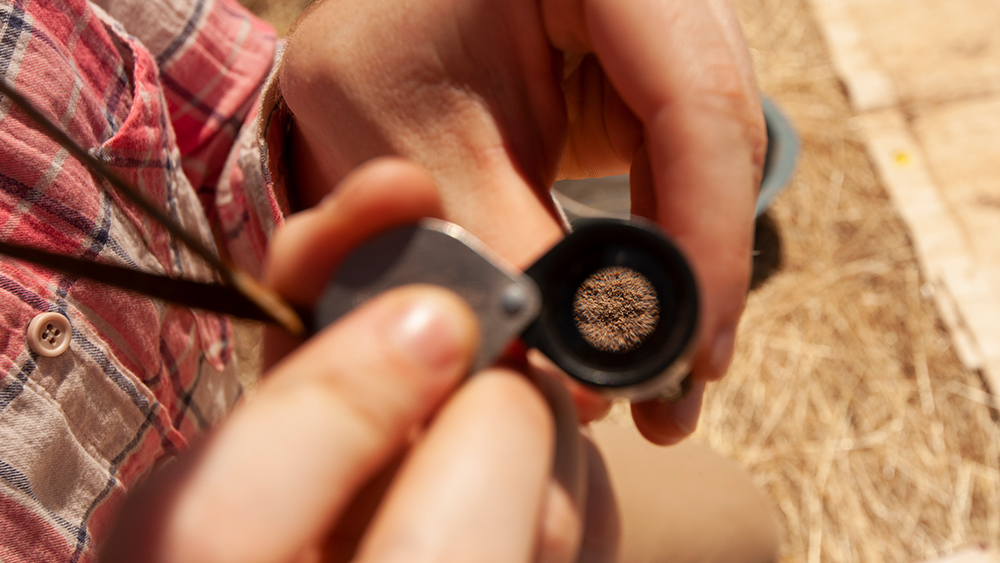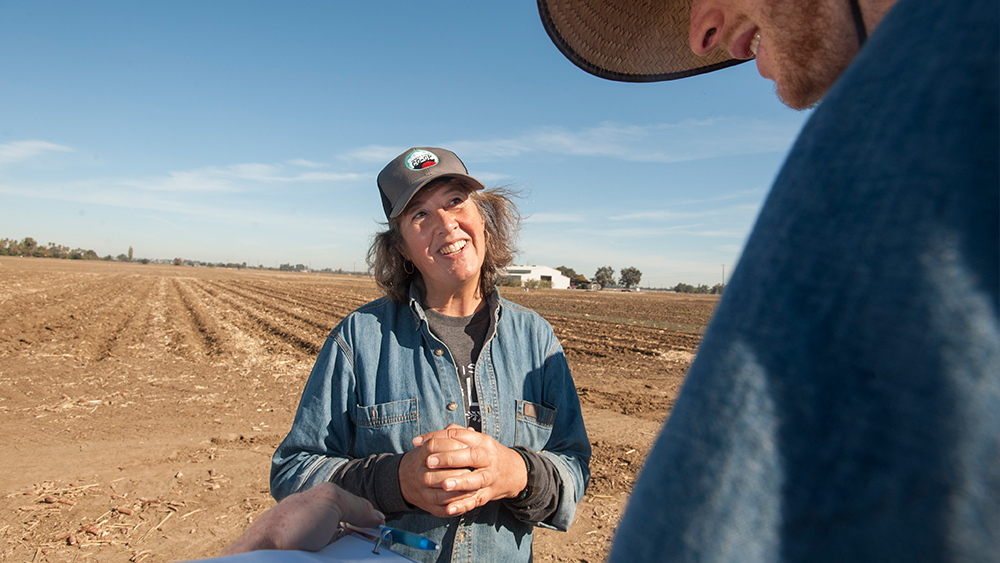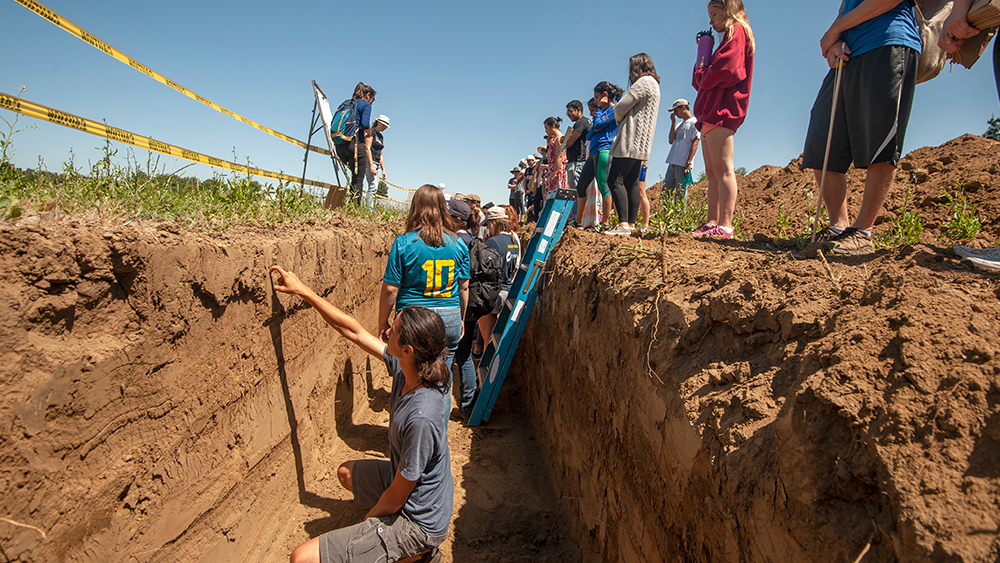What is soil health?
Soil health is soil’s continued capacity to function as a dynamic, living ecosystem that sustains plants and microorganisms, enhances air and water quality, and supports animal and human health.
Soil health is the foundation for profitable, productive, sustainable and environmentally sound agriculture.
Why is soil health important?
Healthy soil is alive with billions of organisms that, when cared for properly, provide nutrients for plant growth, detoxify potential pollutants, store water, and provide habitat for soil communities to diversify, flourish and keep the system running well.

How soil health is like human health
Healthy people have strong immune systems, which help them fight off illness and disease. Healthy soils provide similar protection to crops and other organisms. It’s harder for pathogens to get established in healthy soil that is active and alive with diverse microbes.
Healthy soils function smoothly. Crops produced in fertile soil provide food rich in vitamins, minerals and other nutrients needed to keep animals and humans healthy.
There are more microorganisms in a teaspoon of soil than there are humans on earth. Soil is the most diverse environment on the planet.
What makes soil healthy?
Healthy soil contains minerals—such as calcium, carbon, potassium and nitrogen—as well as water, air and organic matter. Healthy soil is teaming with bacteria, fungi, algae, insects, worms and other organisms, as well as plant roots.
Soil health isn’t defined by any one of these constituents, but rather how they all work together to sustain soil and keep it productive year after year.

How do farmers maintain soil health?
To keep agricultural soil healthy, farmers feed and care for its biology by giving soil the water, aeration and nutrition it needs. Soil microbes feed on decaying roots, for example, so many farmers plant cover crops like grasses and legumes after harvesting their cash crop in order to feed the soil and protect it from erosion. Microbes also benefit from livestock urine and manure, which is why more farmers are letting livestock graze in their fields.
How do you measure soil health?
Healthy soil is part of a dynamic system and cannot be measured by one single indicator, such as crop yield or water quality. Instead, scientists at UC Davis and elsewhere work with farmers and land managers to assess soil quality using physical, biological and chemical indictors, such as water infiltration rates, soil nitrate levels and amount of organic matter.

The UC Davis connection
UC Davis faculty, staff and student researchers are partnering with farmers, ranchers, water districts, government agencies and others to improve soil health.
Healthy soil can capture, or sequester, carbon and other greenhouse emissions from the atmosphere. At the Russell Ranch Sustainable Agriculture Facility, researchers are studying what types and combinations of cover crops, compost and other soil amendments can maximize carbon sequestration. The team is exploring many ways that healthy soil can address issues with climate variability.
The Agricultural Groundwater Recharge and Banking team is studying the feasibility, risks and costs associated with intentionally flooding dormant agricultural fields in the winter to replenish groundwater. The efforts could benefit farming and the environment.
At the California Soil Resources Lab, researchers have created smartphone apps and interactive maps to help farmers explore the properties and possibilities of the soil on their farms, including whether their land would be suitable for groundwater banking.
UC Davis researchers are studying nitrogen management efficiency, including the vital role healthy soil can play in nourishing the crops that feed us without harming air or drinking water.
The California Center for Urban Horticulture provides information and resources to help farmers and gardeners care for their soil.
UC Davis Soils and Biogeochemistry faculty study the physical, chemical and biological processes in soil and how they affect water quality, nutrient cycling and other ecosystem functions.
The UC Sustainable Agriculture and Research Education Program works to improve the environment, protect the health of rural communities and enhance the profitability of farming throughout California.
